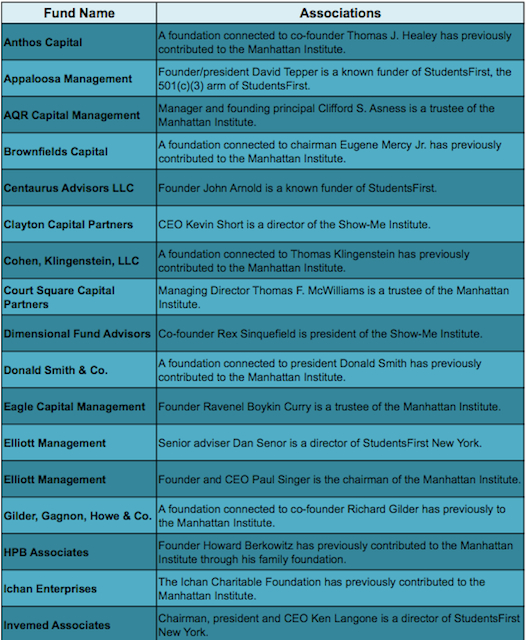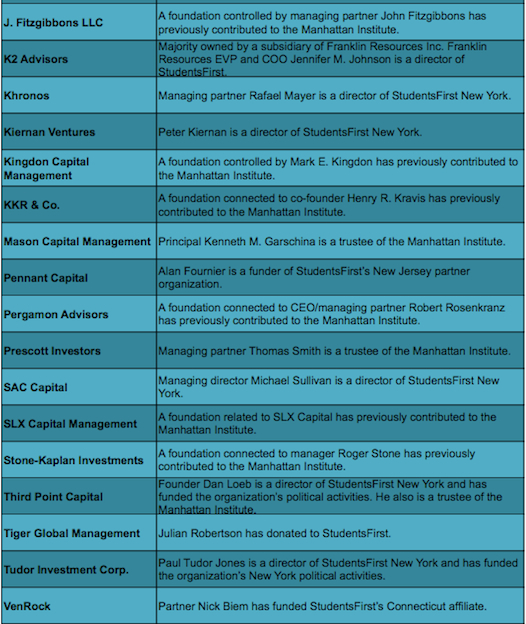(April 19, 2013) - "Annuitization is popular in the UK the way paying taxes is popular: People do it because they have to," explained one—very patient—defined contribution (DC) expert at a major asset management firm.
(Ed. note: aiCIO's venture into the DC space is a path paved with stupid questions. See our next cover story for more in-depth coverage.)
But beyond those forced into it by tax law, why don't more new retirees use their DC savings to purchase annuities?
Because buying a longevity insurance product is more daunting a prospect than cashing a very, very large check, a Pension Research Council study has found.
Valuing an annuity is, perhaps unsurprisingly, a task most individuals are not terribly competent at, the paper's four authors determined.
Jeffrey Brown (director of the University of Illinois' business and pubic policy center), Arie Kapteyn (senior economist at the RAND Corporation), Erzo Luttmer (social insurance expert at Dartmouth College), and Olivia Mitchell (Wharton Business School's employee benefit plans professor) empirically tested individuals' ability to value annuities.
The four researchers asked subjects to price the value of US Social Security benefits—as opposed to a hypothetical annuity product—in order to put the US participants on the most familiar turf possible. Still, the study found that valuations fluctuated widely based on how researchers framed the survey questions. The findings are based on a sample size of 2,210 complete responses.
Overall, respondents tended to think of an annuity as more valuable when offered the choice to exchange it for a lump sum, and worth less when in the position of purchasing one.
"Our results are consistent with individuals showing a strong preference for the simpler, more understandable option (the lump sum), and only being willing to consider the more complex option (the annuity) when it is an exceptionally good deal," the authors wrote. "This tendency is stronger among those who are less financially sophisticated. We also show that complexity matters, including the fact that people are sensitive to framing and starting values."
Their results suggest that DC plan sponsors could improve members' retirement outcomes by taking on a more paternalistic role—closer to that of a defined benefit scheme.
The study's conclusion aired doubts over whether individuals are broadly able to optimize the value of their savings when confronted with the lump sum vs. annuity question.
"Observers must be very careful when drawing conclusions about individual welfare based on observed behavior (i.e., "revealed preference") when it comes to annuities," the authors cautioned. "The fact that so few people annuitize their defined contribution pension balances when given the opportunity to do so cannot be interpreted as conclusive evidence that they do not value longevity protection."
Read the entire working paper, "Complexity as a Barrier to Annuitization: Do Consumers Know How to Value Annuities?" here.


